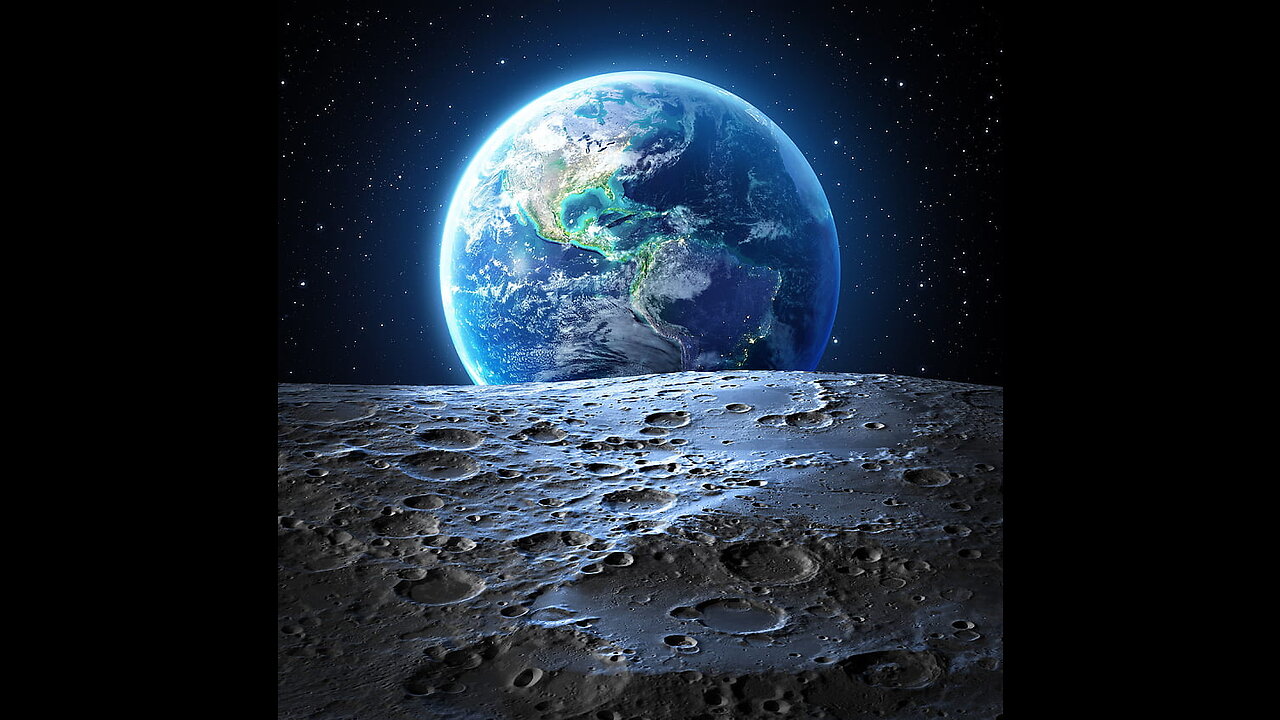Premium Only Content

Top 17 Earth Images of 2023
Climate Monitoring: NASA continues to monitor Earth's climate by collecting data on temperature, greenhouse gas concentrations, and other climate indicators. This ongoing research helps scientists understand how our planet's climate is changing over time.
Extreme Weather Analysis: NASA's satellites and instruments might be used to study and understand extreme weather events, such as hurricanes, droughts, and heatwaves. This research aids in predicting and mitigating the impacts of these events.
Air Quality and Pollution Studies: NASA likely continues to study air quality and pollution patterns using satellite observations. This includes tracking pollutants and aerosols in the atmosphere to better understand their sources and effects on human health and the environment.
Ocean and Sea Level Monitoring: NASA's satellites would likely be used to monitor changes in sea level, ocean currents, and other oceanographic phenomena. This data helps scientists comprehend sea level rise and its impact on coastal areas.
Ecosystem Health: NASA's Earth science missions likely provide insights into the health and changes of ecosystems like forests, oceans, and wetlands. This information is valuable for understanding biodiversity, habitat loss, and natural resource management.
Natural Disaster Response: NASA's satellite data might be utilized in assessing and responding to natural disasters such as earthquakes, volcanic eruptions, and tsunamis. These observations contribute to disaster preparedness and response efforts.
Lunar and Planetary Research: While not directly related to Earth, NASA's ongoing space exploration efforts often yield insights into our own planet as well. For example, studying lunar and planetary geology can offer parallels and insights into Earth's geological history.
International Collaborations: NASA typically collaborates with other space agencies, governments, and research institutions globally to share data and knowledge about Earth's systems.
-
 58:09
58:09
Barry Cunningham
7 hours agoLIVE: Defense Secretary Pete Hegseth & Gen. Dan Caine Hold a Pentagon Press Briefing On Iran Bombing
86.1K195 -
 LIVE
LIVE
TonYGaMinG
3 hours ago🟣 QUESTING TRYIN TO GET READY FOR DEEP DESERT #RumbleGaming
103 watching -

TheItalianCEO
6 hours agoPlaying video game is better than touching grass
41.5K1 -
![[UPDATE 2.4] Hunt: Showdown | Sunday Solo Runs - #RumbleGaming](https://1a-1791.com/video/fww1/16/s8/1/J/A/L/V/JALVy.0kob-small-UPDATE-2.4-Hunt-Showdown-Su.jpg) 3:41:59
3:41:59
LumpyPotatoX2
6 hours ago[UPDATE 2.4] Hunt: Showdown | Sunday Solo Runs - #RumbleGaming
38.1K2 -
 2:12:01
2:12:01
Amish Zaku
6 hours agoVariety Stream
32.5K2 -
 23:51
23:51
Adam Does Movies
1 day ago $1.90 earned28 Years Later - Movie Review
31.4K12 -
 27:26
27:26
Scary Mysteries
1 day agoThe BUTCHER BAKER: Alaska's DEADLIEST Predator
28.6K3 -
 2:54:40
2:54:40
Gore TV
4 hours agoBRAINS? Nah, Just Beans. ☕🧠🧟 ♂ | Coffee Break with Zombies!
19.7K -
 15:53
15:53
Forrest Galante
9 hours agoPrivate Tour of India’s Best Secret Aquarium
53.5K7 -
 LIVE
LIVE
Astral Doge Plays!
6 hours agoZelda: Breath of the Wild ~LIVE!~ Rito Times
38 watching